|
Tina Haupert is one of the nation's most popular food bloggers. At Carrots 'N' Cake.com, she blogs about her life as a health writer, wife and mother to one adorable pug named Murphy. She lets readers inside her home, her cupboards and her fridge, sharing workouts, recipes and meals. Tina lost 20 pounds about five years ago--and has kept it off. Now she's sharing some of her best tips with the dailySpark. By Tina Haupert of Carrots 'N' Cake Until about five years ago, I really didn't pay attention to what I ate. I didn't weigh myself. I didn't count calories. Basically, I ate whatever and whenever I wanted, so, not surprisingly, all of those extra calories caught up with me, and I packed on the pounds--20 of them. When I finally decided to lose those 20 pounds, I started to count calories. At the time, I worked a full-time job where I sat at a desk for 40 hours a week, so tracking calories online was convenient for my lifestyle. The Type A personality in me also liked the organization and easy-to-understand tracking and results. For the next two years, I counted calories every day and learned quite a bit about the way I eat as well as how to better incorporate nutritious, not just low-calorie, foods into my diet. Here are just a few of the things that I learned from calorie counting: I ate too much: I knew that I was eating too much, but I didn’t realize just how many calories I was consuming until I started tracking them online. After a few days of counting, I was surprised to learn that I was eating more than 3,000 calories per day! I had no idea! Counting calories online helped keep me aware of what I was putting in my mouth-- and made me realize why I had gained weight in the first place. I reduced the amount that I ate each day, and slowly, but surely, the weight came off. Portion size matters: When I realized that I was consuming too many calories, I immediately reduced my portion sizes. I wasn’t eating unhealthy foods—I stuck with salads, turkey sandwiches, and stir-fry dishes—I was just eating too much of everything. I started using measuring cups and spoons to measure my food, which helped me understand my overblown portion sizes. For instance, I used to slather peanut butter on a whole-wheat English muffin without a second thought, but when I finally started to use measuring spoons, I realized that I was adding more than two servings. Nutritious foods give you the most bang for your buck: When I first started to count calories, I focused on eating as many low-calorie foods as possible. I soon realized, however, that my low-calorie food choices, like rice cakes and fat-free gelatin, did nothing for my hunger. Instead, foods like fibrous fruits, vegetables, and whole grains as well as satisfying low-fat protein kept me full for much longer, and soon they became the basis of my diet. Just keep on trucking: Most people think losing weight is all about restriction; I think it's all about balance. When I was counting calories, if I overindulged at a weekend barbecue or mindlessly munched throughout the afternoon, I didn’t throw in the towel for the day. I made sure that my next meal was super healthy and moved on. Some days, I went over my calorie budget, other days I came in under. As long as I consistently counted calories, the weight continued to come off. Looking back on my weight loss, I don't think I would have done anything differently. Counting calories was integral to my weight loss, and, with its guidance, it taught me a number of important principles about healthy eating--many of which I still use to make choices today. 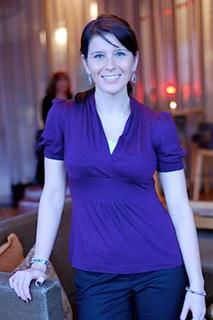 For more than two years, Tina Haupert has shared her life through journaling her daily meals on her blog, Carrots ‘N’ Cake. Each day, she strives to find the right balance without losing out on fun or good taste. She is currently writing her first book, which will be published in 2011. Do you count calories? If so, how often? Is it helpful to you? |
Related Entries
More From SparkPeople
|




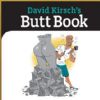
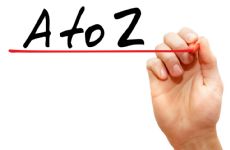


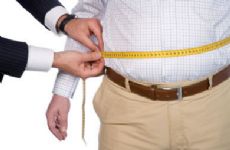

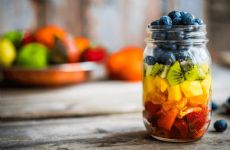










.jpg)
